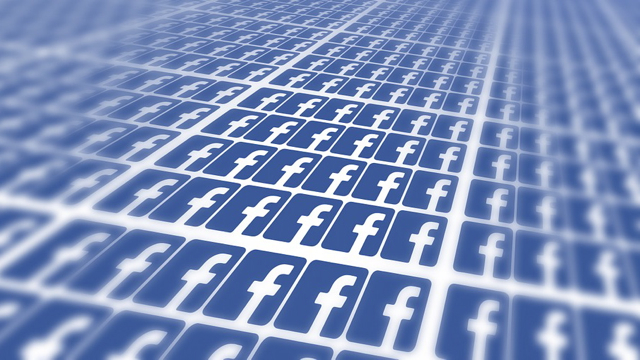When the European Parliament grilled Facebook chief executive Mark Zuckerberg about his company’s many missteps, one of their concerns was that it has become a monopoly. The reference was to Facebook owning the world’s two largest chat applications, Messenger and WhatsApp, and their suggestion was that Facebook spin off those and the photo app Instagram. Facebook has countered with the argument that, by controlling so much of the world’s communications, it helps keep consumers safe across all these services.
Bloomberg reports that Facebook noted it can get rid of “spam, exploitative images or illegal content … on all platforms at once.” This argument is unlikely to sway European lawmakers who strongly criticized Facebook “for not being effective enough in its treatment of harmful content.”
The company also “shares its tips on terrorist content with other companies, including Twitter and Google, through the Global Internet Forum to Counter Terrorism,” proving it doesn’t have to own a property to keep consumers safe.
Facebook has used the safety argument before, with regard to sharing data between WhatsApp and Facebook and in “tracking people who don’t use Facebook on sites around the web,” reiterating the latter scenario at the EU hearing. Later, “Facebook clarified that it also keeps tabs on people who don’t have accounts on sites it doesn’t own to serve them ads suggesting they sign up for Facebook.”
The company’s stance in facing regulators in the U.S. and Europe has been to portray itself “as a benevolent business with more interest in user well-being than profits,” but some are not placated, seeing this positioning as disingenuous.
Facebook also countered the charge of being a monopoly by pointing out that users who want to post a video have other options, including Flickr, Vimeo, YouTube, Twitter, Google, Pinterest, Snapchat and Dailymotion, and that businesses can advertise on Spotify, Amazon, Snapchat, Google or Twitter. Buttressing that argument is the fact that Facebook’s share of the $650 billion global advertising market is a mere six percent.


No Comments Yet
You can be the first to comment!
Sorry, comments for this entry are closed at this time.